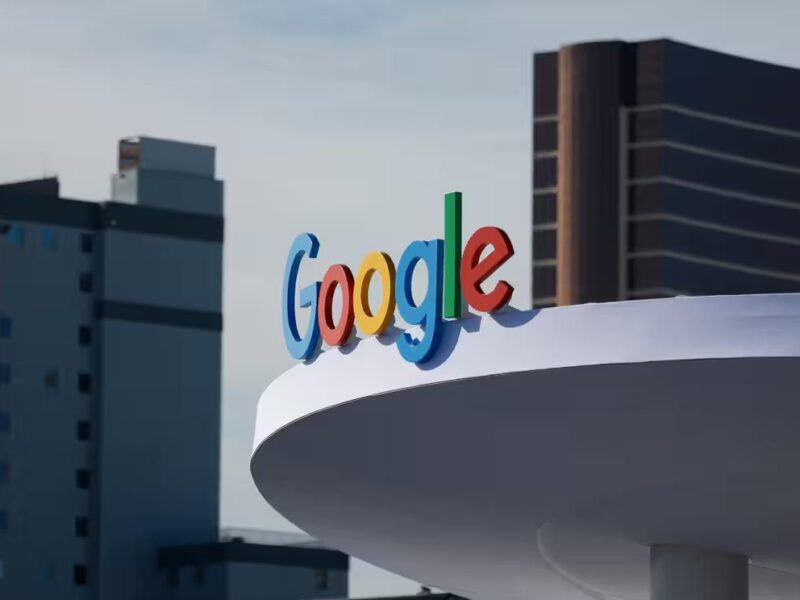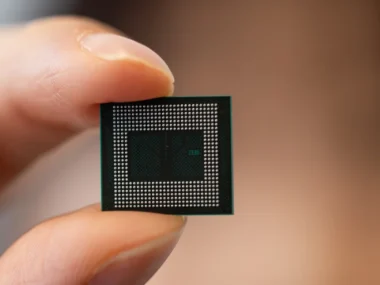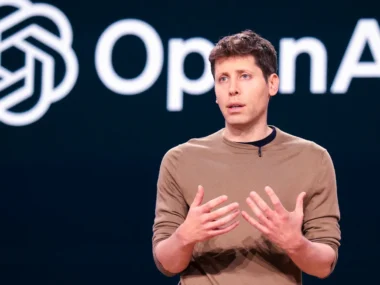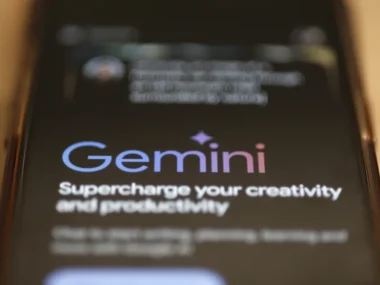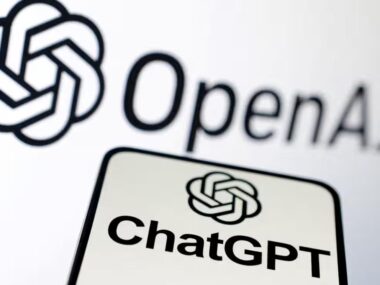According to the Alphabet Workers Union, the contract’s termination will have a ‘devastating impact’ on subcontractors who undertake the grunt work required in AI training.
Google has terminated a multimillion-dollar contract with an Australian company that trains artificial intelligence employing contractors around the world, in a move that the union claims highlights the unstable employment conditions of the unseen “ghost workers” who teach AI tools.
Appen informed the Australian Stock Exchange on Monday that Google notified it on Saturday that it will be terminating its contract with Appen on March 19, 2024 as part of a strategic review process.
Appen employs 1 million competent contractors who speak over 235 languages and work in 170 countries. They work to categorize images, text, audio, and other data to develop AI systems used by giant tech companies such as Google, and have been dubbed “ghost workers” – the unseen human labor involved in training systems that consumers use on a daily basis.
Employees at Appen work from home to manually examine content in order to train the AI, making it easier for the general public to search or use speech recognition technology such as Google Assistant.
The company reported that its Google revenue was $82.8 million (A$125 million) in the fiscal year 2023.
“The news is unexpected and disappointing, particularly considering the progress made against Appen’s transformation and performance in November and December 2023,” the company said, adding that it was focused on cost management, business turnaround, and the delivery of “high-quality AI data for its customers”.
Following the announcement, the company’s share price fell 40%.
According to a Google spokeswoman, the decision to terminate the contract “was made as part of our ongoing effort to evaluate and adjust many of our supplier partnerships across Alphabet to ensure our vendor operations are as efficient as possible”.
The quality rating work performed by Appen contractors will be transferred to new suppliers, according to Google, indicating that Appen is one of dozens of contractors affected by the company’s evaluation to discover savings and efficiencies in its operations across the board, not just AI work.
However, the Alphabet Workers’ Union, which represents Google employees in the United States, stated that because Google accounts for one-third of Appen’s business revenues, the move would have a “devastating impact” on subcontracted workers and served as a wake-up call for tech sector employees about the impact of AI on workers.
“As Google subcontractors, we’ve been a canary in the AI coalmine, highlighting the precarious labor conditions we face as human workers standing between large language models and their end users,” said Toni Allen, executive board secretary of Alphabet Workers Union-Communications Workers of America.
“This is what AI work looks like when employees have no say in the process. Toni Allen, executive board secretary and AWU-CWA member, stated, “It is time for the world to hear our voices before this situation repeats itself.”
A spokeswoman for Appen stated that the contract termination would cause the company’s priorities to shift, and that additional information will be disclosed when the full-year financial results were released on February 27.
Wired revealed in October that Appen contractors, who train AI systems for Google and other corporations, were paid as little as 2.2 US cents per assignment. One Colombia-based worker told Wired that she was paid around $US280 per month, which is slightly less than Colombia’s minimum wage of $US285.
The corporation reiterated earlier assurances that contractors are paid more than the local minimum wage, but fees vary depending on the job, difficulty, or experience necessary.
In 2021, a Black woman’s tweet about applying for a contractor position with the corporation went viral after the application asked her what her complexion was, which ranged from light to brown to black. The company initially stated that the question was about gathering data from contractors to help enhance the AI, but it was later deleted from the application form.

